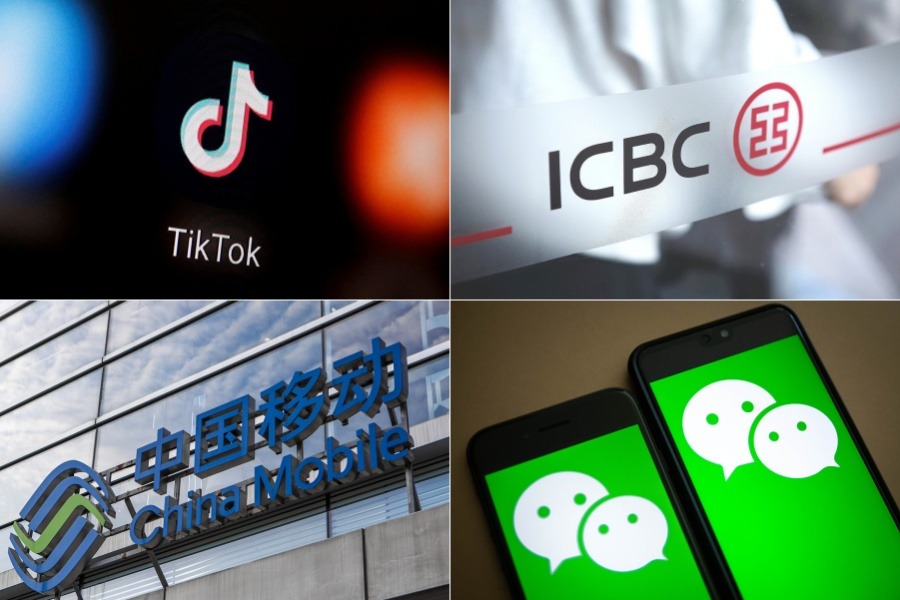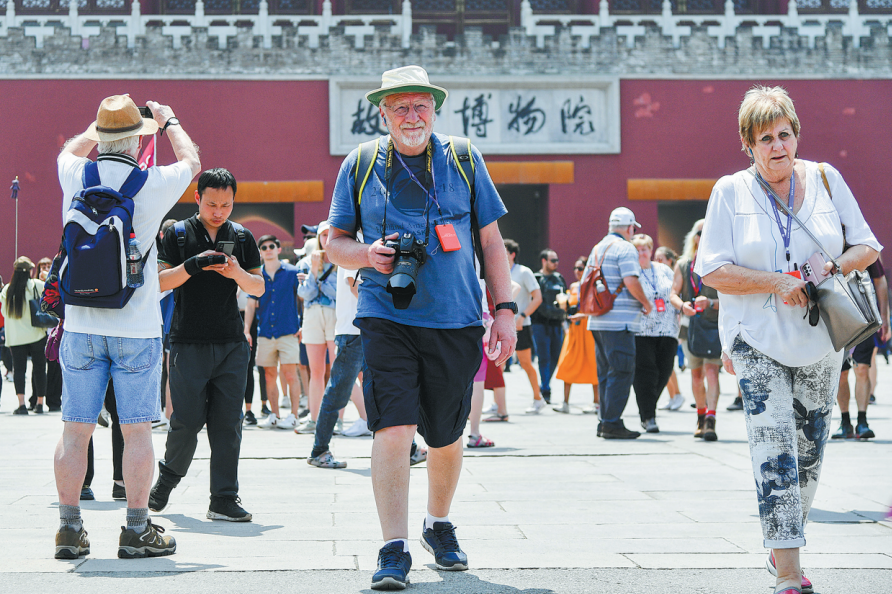Washington's tactics risk reversing positive Korean Peninsula progress: China Daily editorial
chinadaily.com.cn | Updated: 2019-09-02 20:05

Every walk of life has its jargon and taboos. But as the top diplomat of the United States, US Secretary of State Mike Pompeo seems incorrigible in speaking the diplomatic lingo while wagging his tongue as he likes.
At the American Legion National Convention in the state of Indiana last week, Pompeo once again accused the Democratic People's Republic of Korea of rogue behavior. Prompting Pyongyang, to label him, not without reason, as a "diehard toxin", while claiming that the hopes for talks on the peninsula's denuclearization are fading.
Although the US State Department reportedly said it remained interested in pursuing the talks, what Pompeo said has undoubtedly dented Pyongyang's belief in Washington's sincerity.
The impromptu meeting of leaders of the two countries in the demilitarized zone between the DPRK and the Republic of Korea on June 30 raised high hopes that the working-level talks the two leaders agreed on, which have been stalled since their no-deal meeting in Hanoi, capital of Vietnam, in late February, would be restarted.
Regretfully, despite a series of concrete measures the DPRK has taken to show its resolve on denuclearization, the meeting, apart from demonstrating the leaders' rapport, has not prompted the US to carry on the positive momentum to sustain the constructive atmosphere with any tangible and cooperative moves.
That the DPRK has fired several short-range missiles recently, to protest against the US-ROK joint military exercises near its border, should be regarded as a restrained and compelled reaction. It is the military exercises and the inaction of the US that is gradually closing the window of opportunity for talks with the DPRK.
That explains why State Councilor and Foreign Minister Wang Yi's visit to Pyongyang from Monday to Wednesday — the first visit by a senior Chinese official since President Xi Jinping's epoch-making state visit in June — has attracted so much attention.
Apart from strengthening their already solid bilateral ties, it is hoped that Beijing can take the opportunity to help turn the worsening tide again before it is too late by further strengthening Pyongyang's confidence in denuclearization.
But if the US administration is intent on playing fast and loose with the sensitive denuclearization talks, it is jeopardizing any fruitful progress.
Turning a deaf ear to China's dual suspension suggestion, Washington's superstitious belief in the power of its "maximum pressure" tactics as being the art of a deal will not win it any advantages, but only push the Korean Peninsula situation back to where it was before Pyongyang and Washington started talking.
























